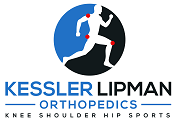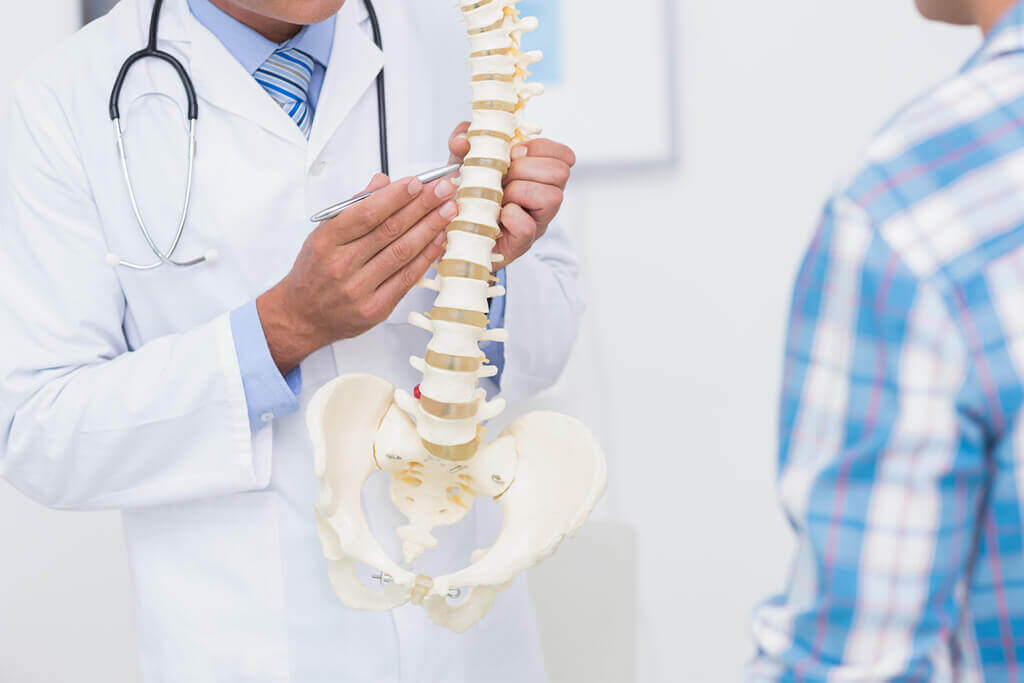Oral Cancer
Introduction
Oral cancer can occur on the lips, tongue, gums, or other tissues inside of the mouth. It most commonly occurs on the lower lip. Oral cancer is more common in people over the age of 40 years old. It occurs more frequently in men than in women. People who smoke cigarettes, pipes, or cigars or chew tobacco have the highest risk for oral cancer. People that use tobacco and heavily consume alcohol have even a greater risk.
Signs of oral cancer include a sore or irritation that does not heal or go away. Early oral cancer may not cause pain and may not be noticed. You can reduce your chances of developing oral cancer by avoiding tobacco and alcohol products. Oral cancer has a fair prognosis. It is treated with surgery, radiation therapy, and chemotherapy.
Symptoms
Diagnosis
Treatment

Copyright © - iHealthSpot Interactive - www.iHealthSpot.com
This information is intended for educational and informational purposes only. It should not be used in place of an individual consultation or examination or replace the advice of your health care professional and should not be relied upon to determine diagnosis or course of treatment.
The iHealthSpot patient education library was written collaboratively by the iHealthSpot editorial team which includes Senior Medical Authors Dr. Mary Car-Blanchard, OTD/OTR/L and Valerie K. Clark, and the following editorial advisors: Steve Meadows, MD, Ernie F. Soto, DDS, Ronald J. Glatzer, MD, Jonathan Rosenberg, MD, Christopher M. Nolte, MD, David Applebaum, MD, Jonathan M. Tarrash, MD, and Paula Soto, RN/BSN. This content complies with the HONcode standard for trustworthy health information. The library commenced development on September 1, 2005 with the latest update/addition on February 16, 2022. For information on iHealthSpot’s other services including medical website design, visit www.iHealthSpot.com.


